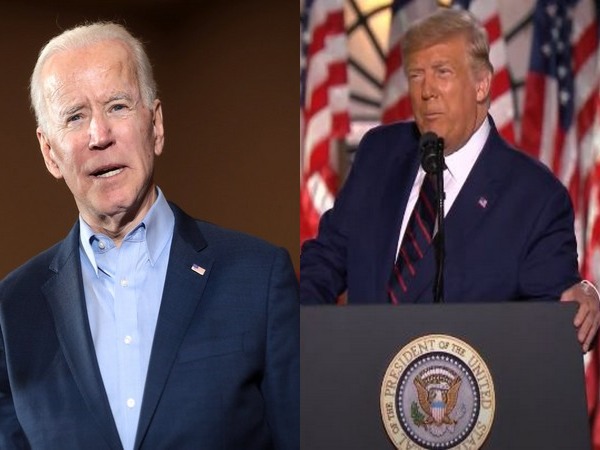FACTBOX-Where do Trump and Biden stand on tech policy issues?

- Country:
- United States
The regulation of big technology companies including Facebook Inc and Alphabet Inc's Google has been a hot button issue ahead of the U.S. presidential election on Nov. 3.
Here is a look at the stances of Republican President Trump and his Democratic opponent, Joe Biden, on some key tech policy issues: BREAKING UP BIG TECH COMPANIES
Biden, who was vice president during the Silicon Valley-friendly administration of President Barack Obama, has criticized Facebook and other tech giants during his campaign and proposed a minimum federal tax aimed at companies like Amazon.com Inc. Trump, who has mixed relationships with tech companies, bashing Amazon and its chief executive, Jeff Bezos, but meeting with Apple Inc's Tim Cook, has said "there is something going on in terms of monopoly" when asked about big tech firms.
The Trump administration is conducting a wide-ranging antitrust probe into major tech companies and is expected to bring an antitrust case against Google. Trump and Biden have stopped short of calling for the companies to be broken up, but Biden and his vice presidential pick Kamala Harris - a senator and former attorney general for California, the home of Silicon Valley - have said they would seriously look at the idea of dismantling companies like Facebook.
REGULATING SOCIAL MEDIA Both Biden and Trump have blasted social media companies over their handling of political content. Trump, whose digital campaign helped propel him to the White House in 2016, has long accused the companies, without evidence, of censorship against conservatives.
After Twitter Inc put fact-checking labels on Trump's tweets for the first time in May, the president signed an executive order that seeks new regulatory oversight of tech firms' content moderation decisions and backed legislation to scrap or weaken Section 230 - a federal law largely exempting online platforms from legal liability for the material their users post. Biden, who has clashed with Facebook over its more hands-off stance to politicians' ads and speech, also wants to revoke Section 230. He was the only Democratic presidential candidate to call for its repeal.
DATA PRIVACY Congress has tried, without success, to build consensus on federal consumer privacy legislation, which the Trump administration signaled support for.
Biden has said the United States should set privacy "standards not unlike the Europeans," an apparent reference to the European Union's stringent General Data Protection Regulation (GDPR). Privacy advocates have slammed the Trump administration for repealing broadband privacy laws that required internet providers to get consumer consent before using certain types of their data, and for actions they say violate immigrants' privacy.
The Trump administration has also lambasted Silicon Valley over encryption, criticizing Apple for what the president called its refusal to unlock phones used by criminals. Recently, Trump has stepped up efforts to purge what it deems "untrusted" Chinese apps from U.S. digital networks: in August, the president ordered the sale of TikTok's U.S. arm, saying he might otherwise shut it down over concerns that user data could be passed to China's government.
DIGITAL DIVIDE The coronavirus pandemic, which has driven education and work online, has exposed inequalities in access to high-speed broadband.
Trump has said he is committed to ensuring "every citizen can have high-speed internet access," though Democratic rivals criticized him over the continuing digital divide on the campaign trail. In January, the Federal Communications Commission approved a $20 billion rural broadband expansion fund. Biden said he also plans a $20 billion investment in rural broadband infrastructure and to triple funding to expand access in rural areas, as part of a package his team proposed to pay for through tax increases on wealthy Americans.
(This story has not been edited by Devdiscourse staff and is auto-generated from a syndicated feed.)










